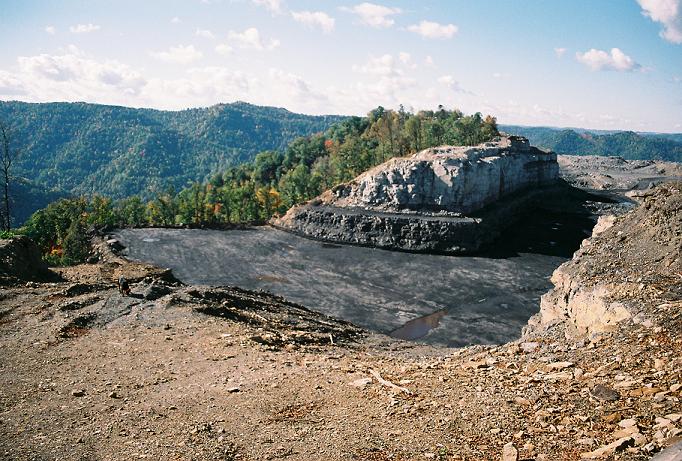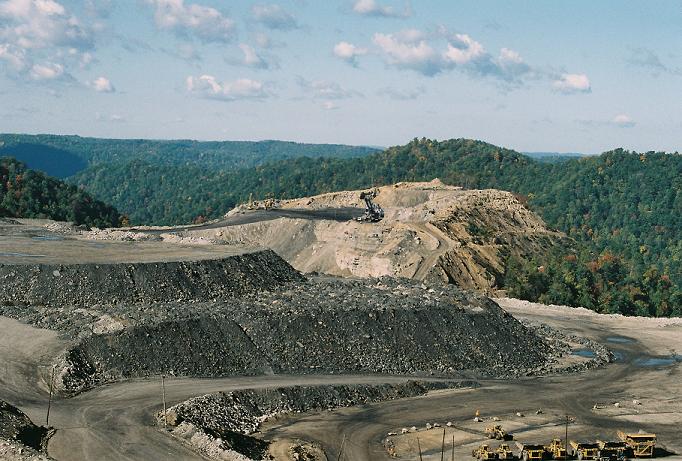| Environmental and Economic Injustice - Complexities, Challenges, and Possibilities |
![PDF-NOTE: Internet Explorer Users, right click the PDF Icon and choose [save target as] if you are experiencing problems with clicking.](http://rsnonline.org/templates/rsntemplate-smallmasthead/images/pdf_button.png) |
 |
|
Page 3 of 3
While stopping environmental destruction will require radical policy changes in the United States and globally, these changes will not occur unless individuals and groups undergo a paradigm shift that leads them to demand policies that support economic justice and environmental sustainability. There are many college students who have undergone such a paradigm shift, but in my experience the majority of students are simply focused on getting a piece of the American Dream of material abundance and career success (as measured by salary). While my course was a philosophy and not a religion course, I regularly have a high percentage of religion majors enroll. In half of the course we cover environmental theory and the other half we address ethical issues related to environmental destruction. Students can get a bit overwhelmed, both by the philosophical theory, the interdisciplinary nature, and the amount of expertise needed to comprehend different environmental issues. Finding concrete and experiential ways to motivate passion on the issues and to instill a thirst for learning more and connecting to theoretical resources is crucial. I realize not all scholars who teach religion and ecology are trying to promote environmental sensitivity and action in their student’s lives. I would not be surprised, however, if that is not an unstated goal for many. If this is a goal and instructors want students to connect theory and life in a deeper way, then service-learning and/or experiential education that exposes students to the real-life messiness of environmental decision-making is crucial. This trip helped my students to think about the complexity of the issue and to understand different standpoints. They met community members who despite the environmental destruction were supportive of even more mining. For them mining was a way of life and had been for their ancestors who first came to this place. It was also their only means of livelihood. For them, economic development and jobs trump environmental sustainability, even though they realized the two were connected. My students also met a number of college environmental activists at the weekend teach-in who were supportive of environmental justice but did not once get off their activist horses to really talk to, not to mention get to know, the local people. Most impressive for my students were the people they met who came to environmental activism out of love for their community, culture, and geographical place. These people had a deep faith in a God of justice and compassion who is angered and saddened to see creation, both earth and all living creatures, destroyed and oppressed in such a manner. No lecture of mine could give the students these kinds of insights into an environmental issue. Had we more time and had it been a possibility, I would have liked to have had students meet with elected state representatives (who are overwhelmingly supportive of the coal industry) and a representative from at least one of the coal companies. In my course we covered a range of philosophical stances in relation to the environment, namely developmentalist, preservationist, conservationist, and radical ecojustice perspectives. Hearing from people representing different perspectives would have given my students a chance to identify the values implicit in each and critically assess for themselves the merits of each. If the course had been a religious studies course, I would have wanted students to hear from different faith perspectives on the issue as well. While different denominations were represented at the prayer vigil, this venue did not allow for students to hear individual reflections on faith and theology in relation to environmental activism. Ideally I would have also liked to have created a partnership between my university and the environmental organizations protesting against MTR. Unfortunately I only teach this course every other year and did not have the time to develop a sustained partnership with these environmental groups. While there are many ways to incorporate service-learning into an environmental ethics course, I found that an educational trip that includes service and helps students see the connection between economic and environmental injustice to be invaluable. I advocate finding a place close to the students’ own location so that they do not have the excuse that such injustice only happens elsewhere. Exposing students to environmental and economic injustices in their own locale can open their eyes to the ways various oppressions intersect and can motivate them to adopt a truly ecological worldview.
ResourceDevine, Richard, Joseph A. Favazza, and Michael F. McLain. From Cloister to Commons: Concepts and Models for Service-Learning in Religious Studies. Washington, DC: American Association for Higher Education, 2002. Eby, John W. “Why Service-learning Is Bad” (March 1998). Retrieved August 2010. Johnson, Brian T., and Carolyn O’Grady, eds. The Spirit of Service: Exploring Faith, Service, and Social Justice in Higher Education. Bolton, MA: Anker Publishing, 2006. Kivel, Paul. “Social Service or Social Change?” (2006). Retrieved August 2010. Mitchell, Tania D. “Traditional vs. Critical Service-Learning: Engaging the Literature to Differentiate Two Models.” Michigan Journal of Community Service Learning (Spring 2008): 50–65. O’Grady, Carolyn R., ed. Integrating Service Learning and Multicultural Education in Colleges and Universities. Mahwah, NJ: Lawrence Erlbaum Associates, 2000. Ward, Harold. Acting Locally: Concepts and Models for Service-Learning in Environmental Studies. Washington, DC: American Association for Higher Education, 1999. Syllabus - Environmental Philosophy and Ethics - Stivers |




